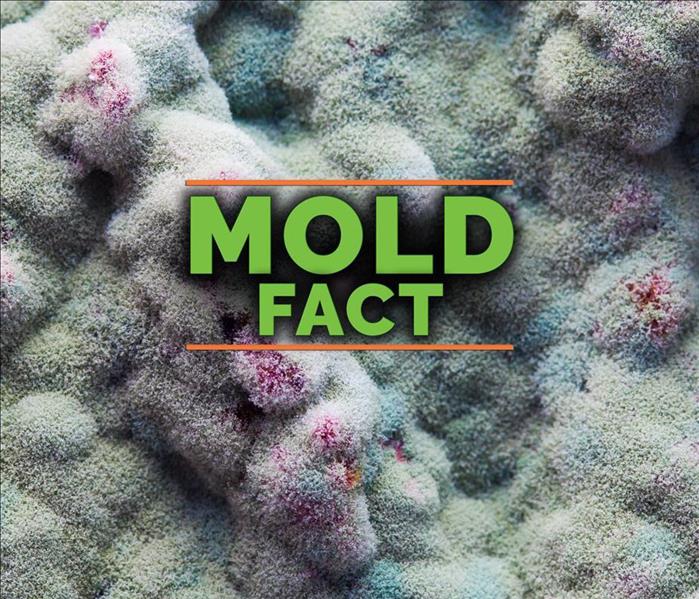Identifying the Type of Mold Growing In Your Home
5/24/2019 (Permalink)
Not all molds are created equal. In fact, like any species, there are a variety of types of mold growth that may invade your dwelling. Some of the more common types of house mold you may discover in your Smithville, TN, home include the following:
- Stachysbotrys chartarum, otherwise known as "black mold"
- Alternaria
- Aspergillus
- Chaetomium
- Penicillium
Though all molds thrive in high humidity, many house molds prefer certain types of materials. For instance, penicillium prefers insulation and furnishings while Chaetomium prefers drywall with water damage. Black mold prefers dark, wet environments such as air conditioning pipes and ducts.
Treating Common House Molds
Regardless of the type of mold growth you discover in your home, it is essential that you contact a mold remediation professional to assess the extent of the issue and to provide a customized treatment plan. Despite needing very little to grow and thrive, remediating mold is a complex and dangerous undertaking that requires extensive knowledge of the fungus and specialized equipment.
If you fail to rid your house of its mold problem the first time around, you risk giving the fungus room to spread. Your home has already likely suffered considerable damage after the first infestation, so there's no telling how much damage a recurrent issue can cause. A professional knows all of the various types of molds' hiding places and can thoroughly inspect and test your home to ensure he or she gets rid of it before embarking on the restoration process.
Common Misconceptions About Mold
Controlling mold and preventing recurrent infestations begins with understanding mold. Unfortunately, there is a lot of misinformation out there regarding the fungus. It's time to lay those misconceptions to rest.
For one, mold is not only found in homes in which there is water damage. Mold can grow on any surface on which there is any amount of moisture.
Two, black mold is not the only harmful type of mold. Any type of mold can wreak havoc on your home and its belongings.
Three, mold cannot be treated with DIY methods—at least, most mold can't. Unless the mold growth is on a nonporous surface, it's best to contract a mold cleanup crew for swift and effective remediation.





 24/7 Emergency Service
24/7 Emergency Service
